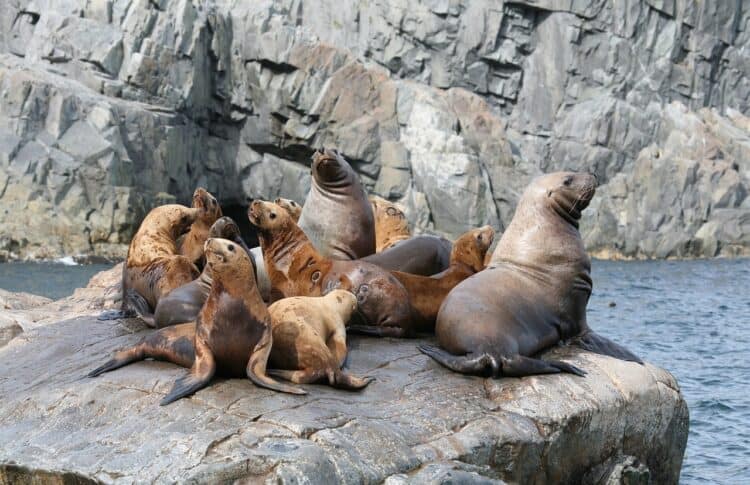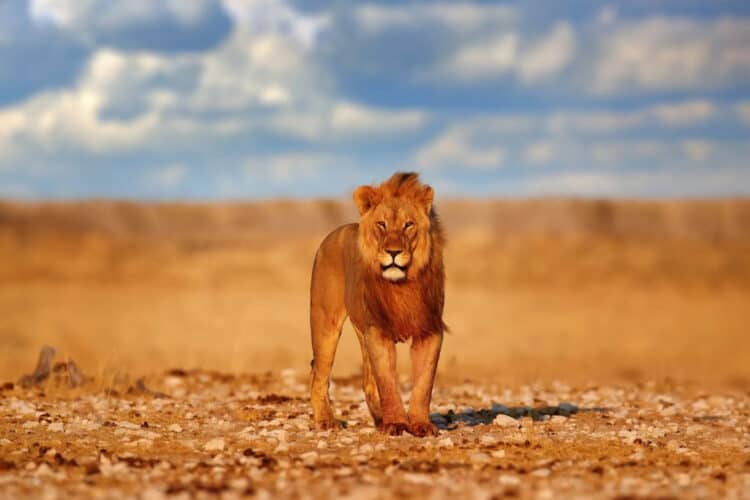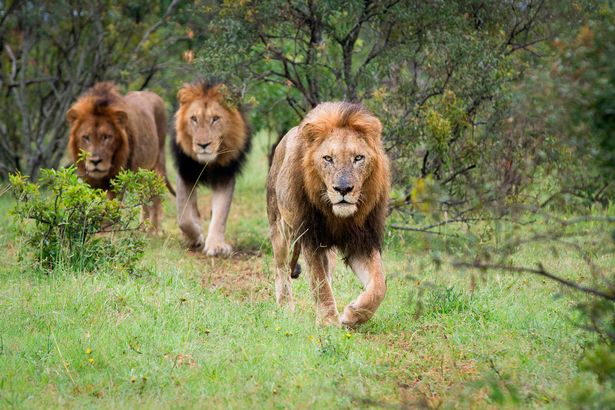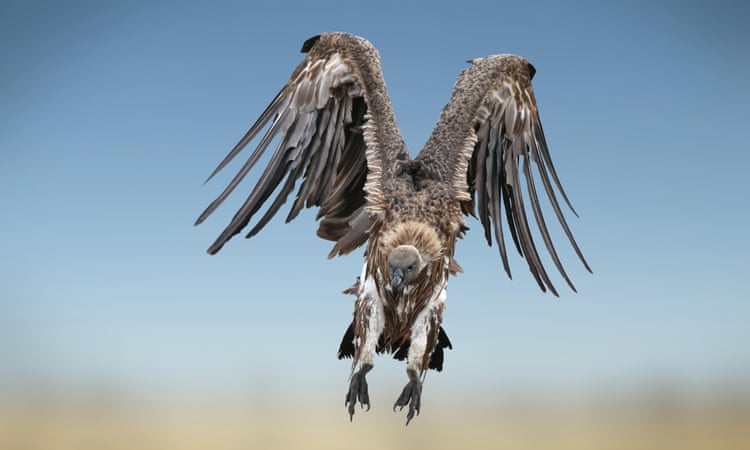For a long time male lions were derided as the lazy ones in the pride, depending on females for the bulk of hunting and not pulling their weight. Much of this was based on field observations—female lions hunt cooperatively, often in open savannah, and therefore are easier to track at night. But new research in Animal Behaviour is showing that males are adroit hunters in their own right, except prickly males hunt alone and use dense vegetation as cover; instead of social hunting in open savannah, they depend on ambushing unsuspecting prey.


“Locations where male lions killed both small and large prey had shorter lines-of-sight than locations where they rested. In contrast, lines-of-sight distances at locations where female lions killed both small and large prey did not differ significantly from those at locations where they rested,” the researchers write.
Employing both GPS field studies and aerial mapping, the study is a creative use of new technologies to solve old mysteries. But, in addition, the findings—that males depend on thick vegetation for hunting—may have major conservation implications.
“This study suggests that changes to vegetation structure, such as through fire management, could greatly alter the balance of predators and prey,” Scott Loarie said.
Lions are currently listed as Vulnerable by the IUCN Red List and a number of recent studies have shown that Africa’s top predator has suffered major population declines. In fact a study last year estimated that lion populations have fallen by 68 percent in the last 50 years alone. Scientists say habitat loss, prey decline, and lion-human conflict have caused the bulk of the decline. But it’s also possible that as lions depend on more-and-more on heavily managed protected areas for security from rising human populations, some male lions may find it harder to hunt.
“With large mammals increasingly confined to protected areas, understanding how to maintain their habitat to best support their natural behavior is a critical conservation priority,” Asner said.
The new findings also may also be a cautionary tale for those considering re-introducing lions into parks and private reserves.
“Pressure to offer charismatic viewing opportunities to tourists […] Despite being indigenous to most of these reserves, lions are returning to very different landscapes, namely those that are increasingly being fenced and fragmented with altered hydrological and fire regimes,” the researchers write.
CITATION: Scott Loarie, Craig Tambling, and Greg Asner. Lion hunting behaviour and vegetation structure in an African savanna. Animal Behaviour. 2014. http://dx.doi.org/10.1016/j.anbehav.2013.01.018
Read more at http://news.mongabay.com/2013/0320-hance-lions-ambush.html







Leave a Reply